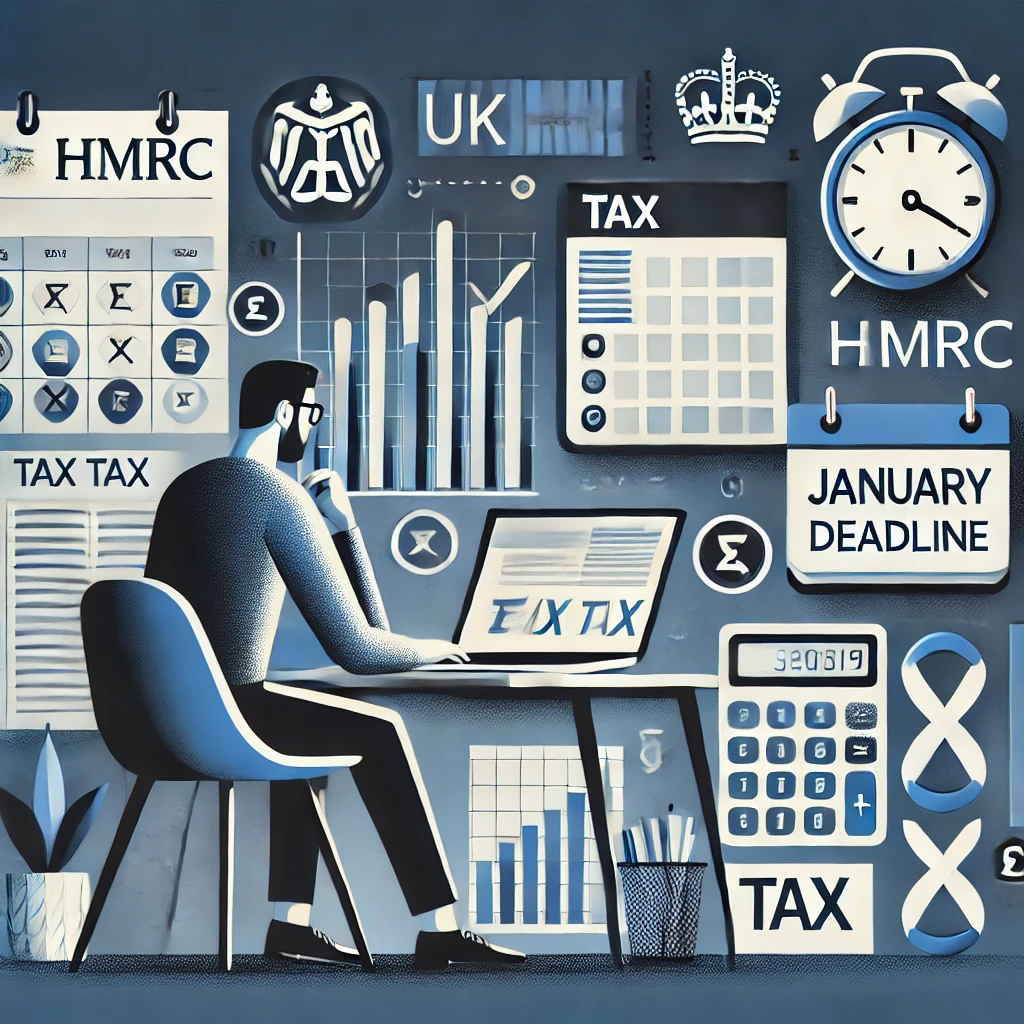
Millions of people in the UK must ensure they’re compliant with HMRC regulations. For an increasing number, side hustles are becoming an essential source of income, helping to cover household expenses, fund holidays, or simply manage the rising cost of living.
But with HMRC cracking down on undeclared income, it’s crucial to understand the tax implications of your side hustle. From January 2025, online platforms like eBay, Vinted, Etsy, and Airbnb will be legally required to share sales data for users earning over £1,700 or completing more than 30 transactions annually. This move aims to ensure that those earning taxable income declare it correctly.
It’s common for people to have multiple income streams. But with that entrepreneurial spirit comes the important question: Do I need to pay tax on my side hustle income?
The answer depends on two key factors:
- How Much Are You Earning?
If your side hustle income exceeds £1,000 in a tax year, you must declare it via self-assessment. However, if you earn below this threshold, you may not need to report it.
- Are You Making a Profit?
Tax isn’t calculated on income alone but on profit—your total earnings minus expenses. If you’re reselling personal items for less than their original value (e.g., clothes on Vinted or eBay), you’re unlikely to owe tax. However, if you’re running a business—such as tutoring, cleaning, dog walking, or dropshipping—your profits may be taxable.
Tax Thresholds and Higher Rate Considerations
Currently, the UK’s Personal Allowance stands at £12,570. If your total income (employment + side hustle) stays below this, you won’t owe tax. However, if additional earnings push you into a higher tax bracket, you may need to reassess whether your side hustle remains financially beneficial.
Higher earners must also consider National Insurance Contributions (NICs) and potential charges like the High-Income Child Benefit Tax Charge.
Registering with HMRC and Keeping Records
If your side hustle is more than a one-off gig, registering as self-employed simplifies tax reporting. This ensures you pay the right amount and avoid penalties.
To keep finances organized:
Open a separate bank account for your side hustle.
Track income and expenses to calculate profits accurately.
Seek professional advice if you’re unsure about tax rules.
Final Thoughts
HMRC’s crackdown on undeclared side hustle income means it’s more important than ever to stay compliant. If in doubt, consulting an accountant can help you navigate tax obligations, claim deductions, and avoid costly mistakes.
With proper planning, you can continue growing your side hustle while staying on the right side of tax laws.
